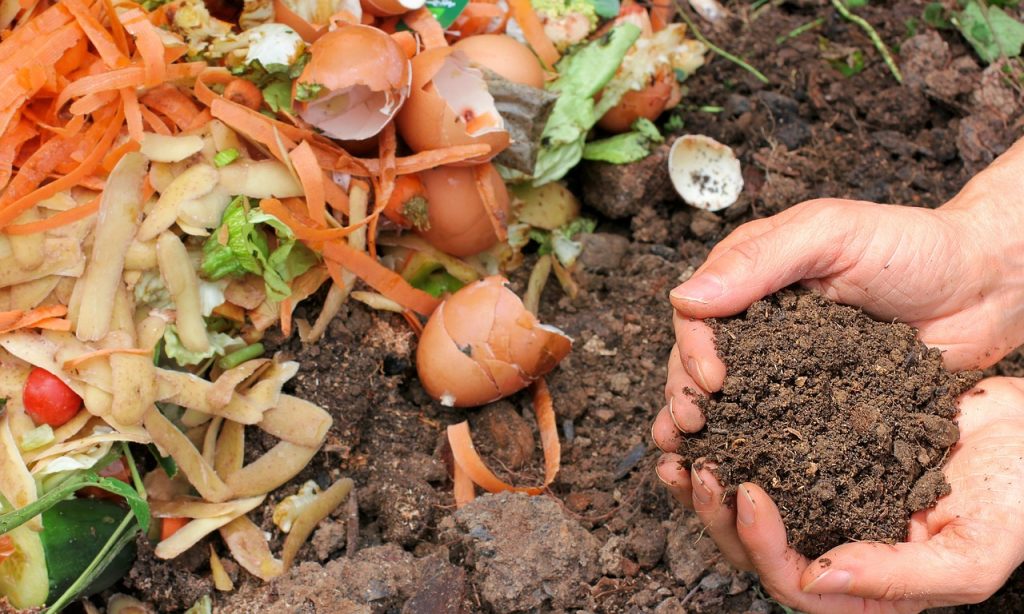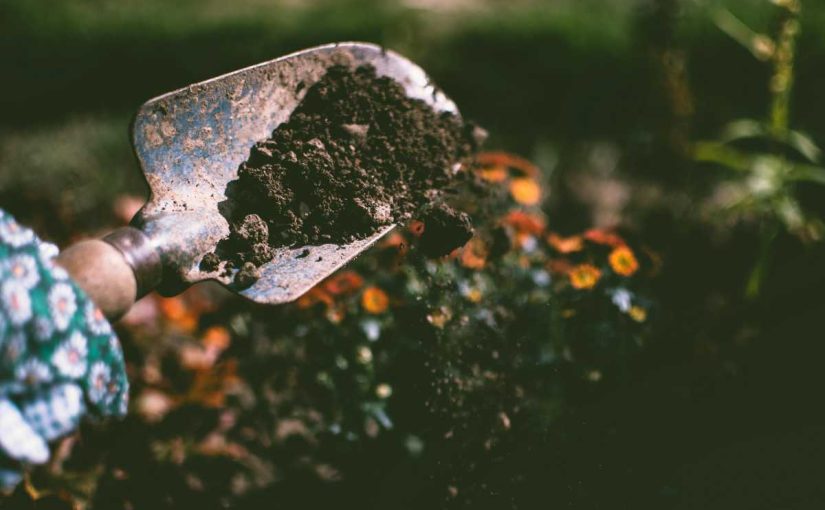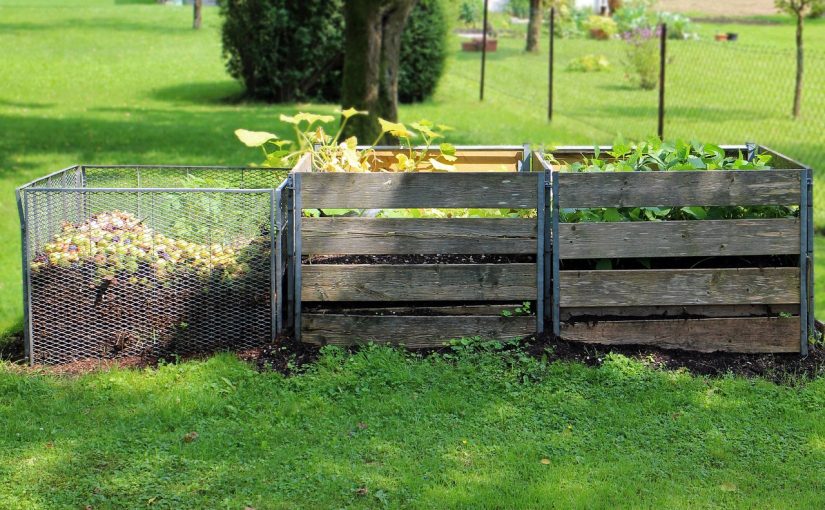Soil health is the foundation of a thriving garden, farm, or ecosystem. While many gardeners and farmers know that compost enriches the soil with nutrients, it also plays a key role in boosting soil microbial life. Microorganisms are essential for soil function, from decomposing organic matter to improving soil structure and fertility. By adding compost to the soil, you’re not just providing nutrients for plants—you’re creating a healthier environment for beneficial microbes. In this post, we’ll explore 8 ways that compost boosts soil microbial life and why it’s a game-changer for any grower.
1. Compost Increases Microbial Diversity
The introduction of compost to soil enhances its microbial diversity by adding a wide variety of microorganisms. Compost contains beneficial bacteria, fungi, and protozoa that contribute to the soil’s microbial population. These microbes work together in a complex ecosystem to help break down organic material, fix nitrogen, and improve soil health. The more diverse the microbial life, the better equipped the soil is to handle different environmental challenges and support healthy plant growth.
Why It Matters: Microbial diversity in soil enhances its resilience and boosts its ability to break down organic matter efficiently, resulting in improved soil structure and fertility.
2. Compost Provides a Food Source for Microbes
Compost is full of organic matter—such as plant residues, animal manure, and food scraps—that provides a rich food source for soil microorganisms. These microbes feed on the decomposing organic material, multiplying and contributing to soil health. The breakdown of compost also releases essential nutrients such as nitrogen, phosphorus, and potassium, which are used by both plants and soil organisms.
Why It Matters: By providing a continuous supply of food, compost supports a thriving microbial community that helps with nutrient cycling, making the soil more fertile and plant-friendly.
3. Compost Improves Soil Structure for Microbial Habitat
One of the most significant benefits of compost is its ability to improve soil structure. By adding compost to the soil, it becomes more porous, improving aeration and water retention. This creates an ideal habitat for soil microbes, allowing them to thrive. The improved structure also facilitates the movement of air, water, and nutrients through the soil, which benefits microbial life.
Why It Matters: A well-structured soil environment allows microbes to access the resources they need to live and reproduce, promoting a healthy and active soil ecosystem.
4. Compost Promotes Beneficial Microbes over Pathogens
Compost has the ability to suppress harmful soil pathogens by promoting the growth of beneficial microorganisms. The microbes in compost outcompete harmful ones for resources, making it harder for pathogenic fungi, bacteria, and viruses to thrive. This natural form of disease suppression helps keep the soil ecosystem in balance.
Why It Matters: By increasing beneficial microbes, compost reduces the likelihood of soil-borne diseases and pests, promoting healthier plants and reducing the need for chemical interventions.

5. Compost Encourages Symbiotic Relationships
Compost encourages the development of symbiotic relationships between soil microbes and plant roots. Mycorrhizal fungi, for example, form a mutualistic relationship with plant roots, enhancing the plant’s ability to absorb water and nutrients, while benefiting from the plant’s sugars. Compost provides these fungi with the food they need to survive, promoting a healthy root system.
Why It Matters: Healthy plant roots supported by symbiotic relationships with soil microbes can absorb nutrients more efficiently, leading to stronger, more resilient plants.
6. Compost Boosts Nitrogen-Fixing Bacteria
Certain bacteria in the soil, like Rhizobium, are responsible for fixing nitrogen—converting atmospheric nitrogen into a form that plants can absorb. Compost provides these nitrogen-fixing bacteria with a healthy environment to thrive. This natural process enriches the soil with nitrogen, reducing the need for synthetic fertilizers and improving soil fertility.
Why It Matters: By boosting nitrogen levels through compost and microbial activity, you can reduce dependency on chemical fertilizers, saving money and minimizing environmental impact.
7. Compost Enhances Soil pH Regulation
Compost acts as a natural buffer for soil pH, helping to neutralize acidic or alkaline conditions. The decomposition process of compost releases organic acids that help balance soil pH levels, creating a more favorable environment for soil microbes. Maintaining a balanced pH is crucial for optimal microbial activity and plant growth.
Why It Matters: Compost helps maintain soil pH within the ideal range for most plants, allowing beneficial microbes to thrive and improving nutrient availability for plants.
8. Compost Supports the Carbon Cycle
The decomposition of organic matter in compost is a critical part of the carbon cycle. As compost breaks down, carbon is released back into the soil, enriching it and enhancing microbial activity. Soil microbes play a vital role in the carbon cycle by converting organic carbon into forms that plants can use, thus contributing to the long-term health of the soil.
Why It Matters: Composting helps store carbon in the soil, reducing greenhouse gas emissions and supporting the development of healthy, carbon-rich soil ecosystems.
Conclusion
Compost isn’t just a tool for enriching soil—it’s a vital source of life for soil microorganisms. From increasing microbial diversity to promoting healthy symbiotic relationships, compost plays an integral role in supporting a thriving soil ecosystem. By boosting microbial life, compost helps improve soil structure, fertility, and overall plant health, creating a sustainable and resilient growing environment. Whether you’re gardening in your backyard or managing a large farm, incorporating compost into your soil care routine can make a world of difference for both your crops and the planet.




